There’s been quite a bit of chat about the app ooVoo on the helpline recently, particularly in relation to younger user’s safety. With that in mind, we thought the following information might be helpful.
Firstly a bit about the app: It’s a video chat and messaging app, which allows up to 12 people to connect for free. Think Skype or Facetime but with 12 people communicating at the same time. Designed for over 13’s, it promises users the highest quality video calls.
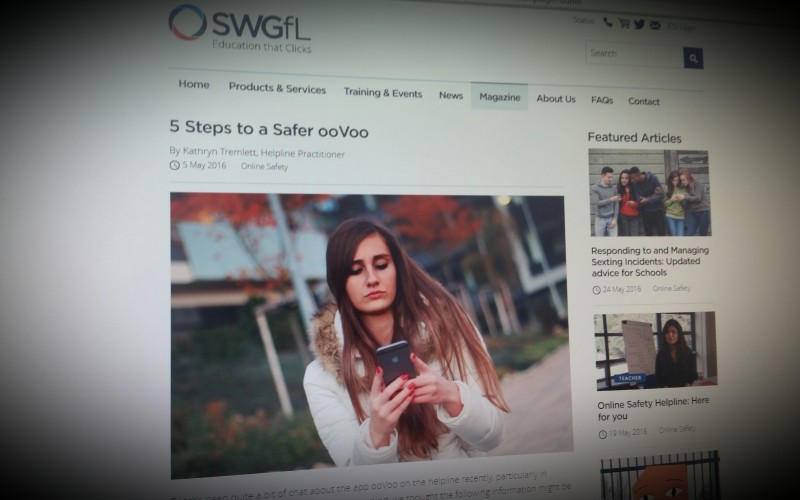
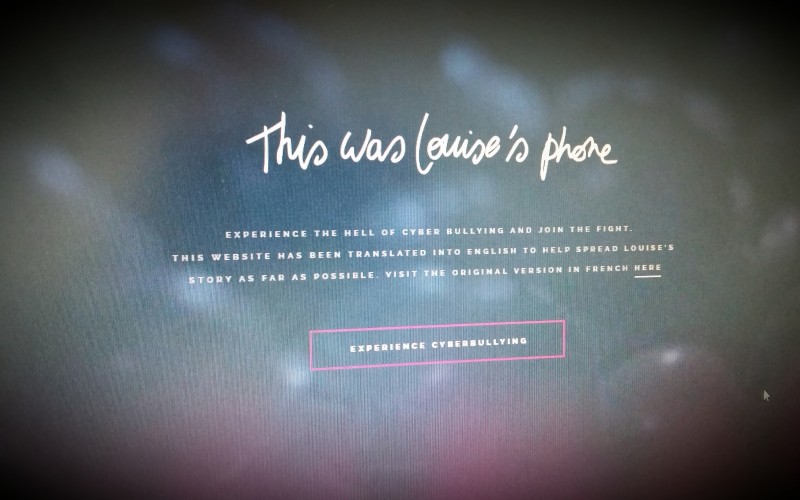
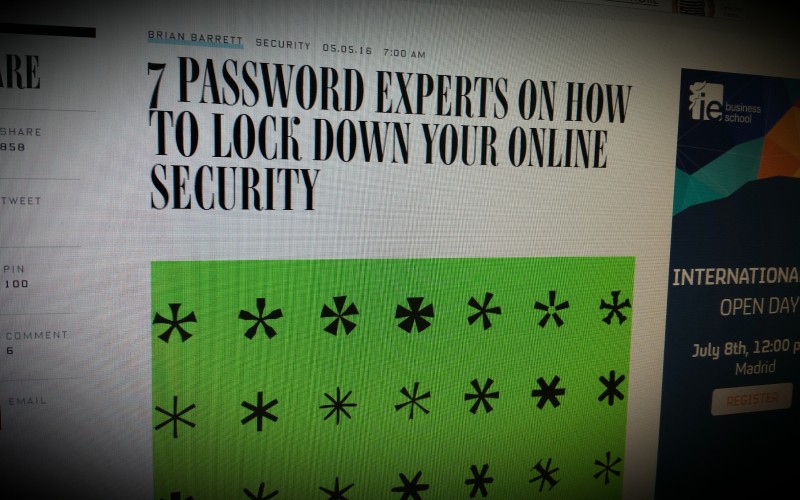
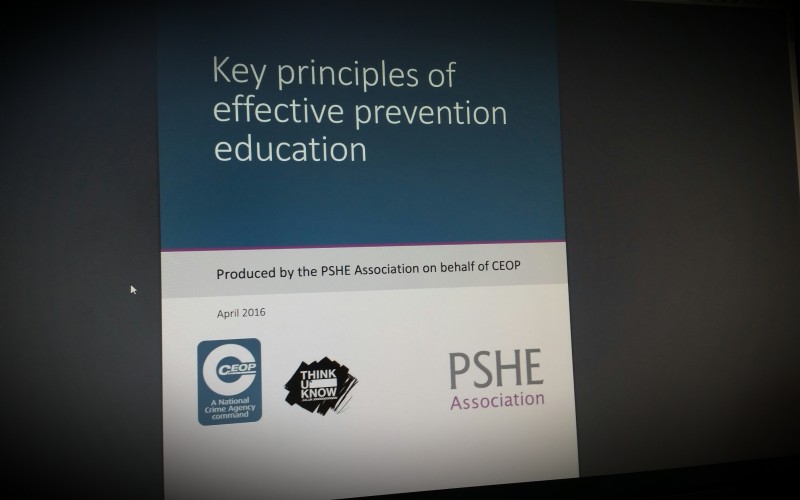
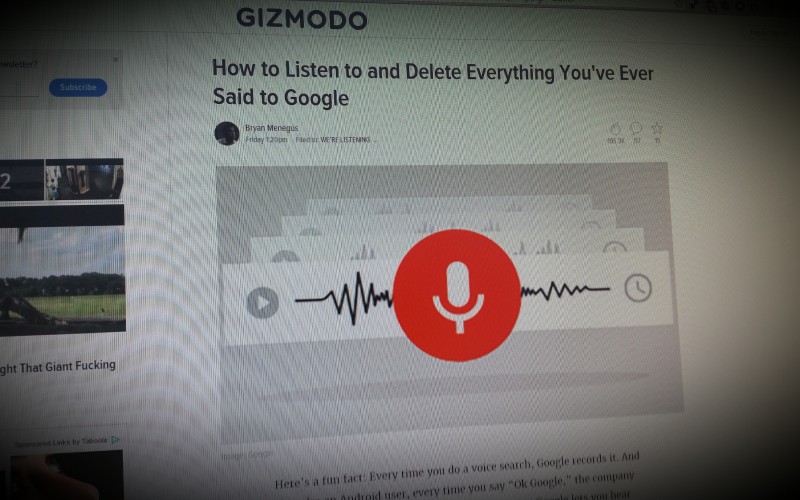
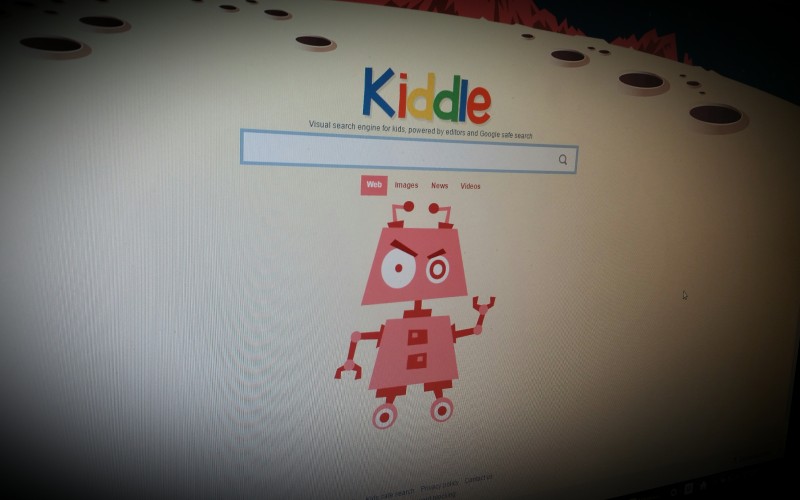
Comments
make a comment